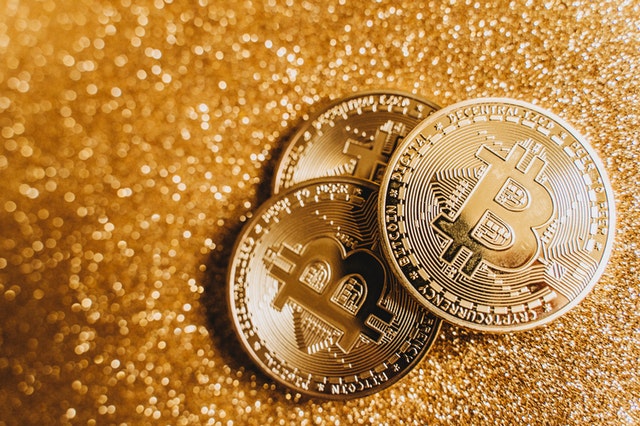What benefits Blockchain can bring to healthcare

When people hear blockchain technology, they immediately think of cryptocurrencies. But blockchain is much more than just cryptocurrencies. It has the potential to disrupt all areas of life, including healthcare. If implemented methodically, blockchain technology can solve serious looming problems that the world has been experiencing for a long time.
First, let’s see what blockchain is and how it works.
Blockchain is a chain of records that stores data and information. It is a tamper-proof and decentralized digital ledger, which gives full control to the user and eliminates government or third-party dominance. Blockchain consists of three elements: distributed network, a shared ledger and digital transactions that drive the technology. Some of the essential features of blockchain technology are:
- Immutability
- Better security
- Transparency and authenticity
- Consensus
- No single error
- High transaction speed
- Free of intermediaries
All these features are the reason for the popularity of blockchain technology.
Now the healthcare industry is looking for ways to take full advantage of blockchain to create a better ecosystem. Professionals and institutions are already taking advantage of the technology, and early solutions show that this integration can not only reduce costs and increase the availability of authentic information, but can also streamline medical records and provide secure and fast access to data. It can also create a secure payment method using cryptocurrencies. You only need an electronic wallet like Dogecoin Wallet to store crypto; therefore you can pay for anything quickly.
How can Blockchain be used in healthcare?
We have seen a number of applications of blockchain in finance, governance and business sectors. Here are some of the many ways blockchain can be used in healthcare.
- Storage and data availability:
It’s no secret that the medical industry and organizations have always struggled with patient records and data. Since the records are very sensitive and a single slip-up can cost a lot, blockchain can solve this problem once and for all. With its advanced level of security for accessing and storing data, it is almost impossible to go wrong. As a result, different medical sectors will be able to securely access, store and share data and will be able to collaborate effectively, improving opportunities and experiences for patients.
- Analysis and data collection:
Using a data-driven, scalable and patient-centric blockchain-based system will prove useful for collecting sensitive data to train machine learning software. Data collection and analysis can be challenging, but blockchain technology can make it easier, faster and more secure.
Blockchain is theft- and fraud-proof. Once implemented, this technology can eradicate the risk of data loss, hacking, embezzlement and other possible damage to the data.
- Health Supply Chain Management:
Blockchain enables cheaper, reliable, authentic and easier to manage process by providing practical solutions to streamline the supply chain. Major healthcare industries are already investigating blockchain technology to have more control over supply chain management.
What are the significant benefits of using Blockchain in healthcare?
Now that we have considerable knowledge about the use of blockchain in the healthcare sector, here are some important benefits that it will bring.
1. Multi-year patient records:
Since blockchain consists of a chain of blocks, records of a patient’s illness will be added to the blocks. It will be possible to predict the disease depending on the patient’s next visit using records such as medical history, laboratory test results, treatment costs, etc. By examining these pre-compiled records, hospitals can use them to provide better service to patients. Additionally, it will help master patient indexes, ensure medical records are meticulously streamlined, and avoid sensitive errors.
2. Drug tracking:
Since blockchain allows each medication to be traced back to its source, it provides a reliable way to ensure drug validity. Blockchain can be used to store information about medicine at all stages of the life cycle. Each block containing pharmacological information will have a hash linked to another block and an immutable timestamp.
Even the transport of the substance from one party to another can be tracked in real time, and all authorized parties will be able to see the transactions on the Blockchain.
3. Payments with cryptocurrency:
Surgeries, medical tests and medicines can be expensive. It will be possible to pay through cryptocurrency due to blockchain technology. For example, at Aveon Health, patients can receive treatment and pay with Bitcoin without worrying about cash.
4. Remote monitoring:
Once uploaded to the blockchain, electronic medical records can be viewed and shared instantly worldwide. Patients or medical professionals can study them from the comfort of their own homes. Thanks to blockchain technology, this method is secure and almost free from cyber attacks.
Conclusion:
This article explored possible ways blockchain could revolutionize the healthcare industry. Blockchain technology is not limited only to these applications; people are still researching it to get the best out of it.
Blockchain technology is at an early stage while the healthcare sector is working hard to discover and implement it.


